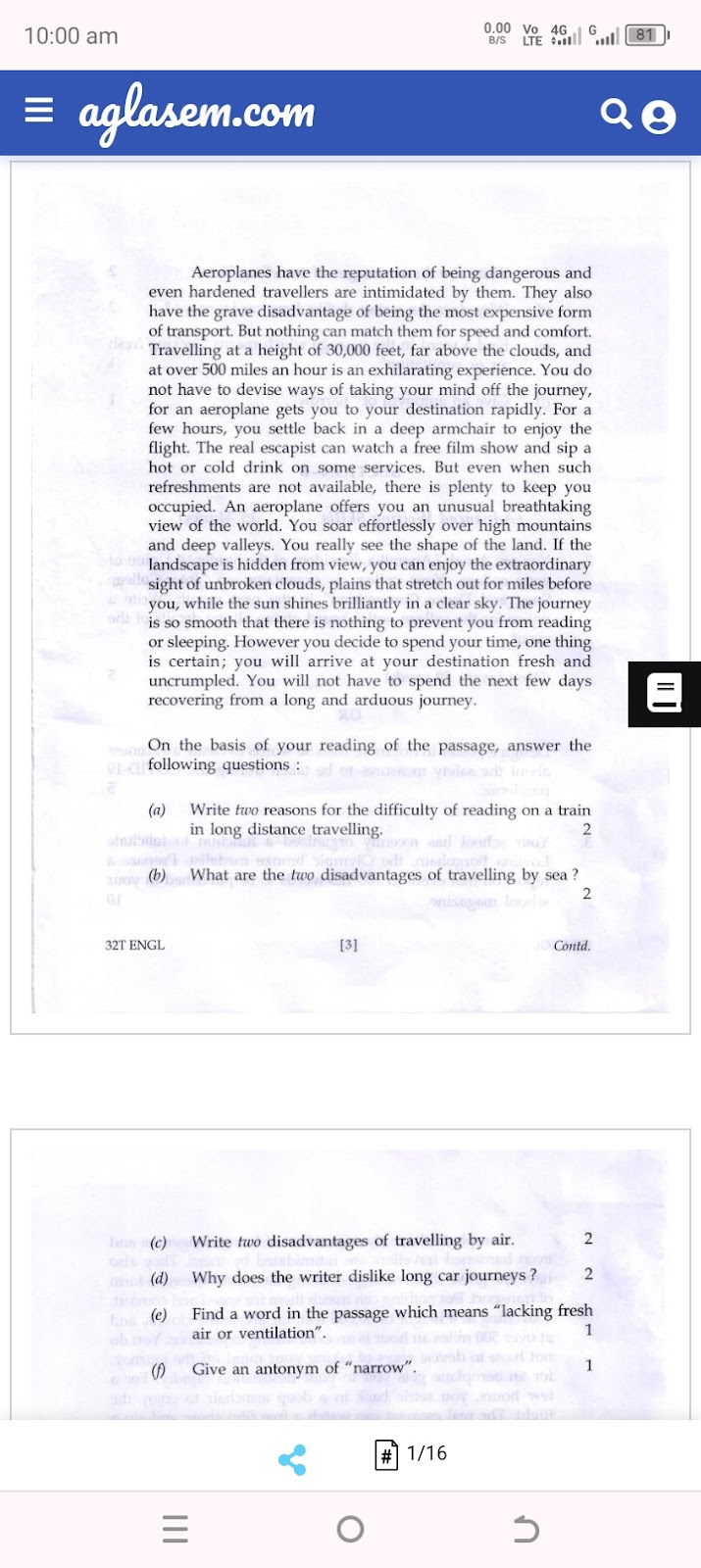345. Theory 14: Structuralism
Structuralism Major Figures:- Ferdinand de Saussure Claude Levi Strauss Roland Barthes Roman Jakobson Jacques Lacan Strauss was an anthropologist. Sausure's "Course in General Linguistics" (collection of his given class notes in between 1906-1911, by his students) started the theory of Structuralism. This book was originally in French translated by Roy Harris. The theory actually came after Saussure's death. He was a linguist and semiotician (signs of language) and Professor in various univs. Before studying linguistics, he studied Physics and Chemistry. He was also a scholar in Sanskrit language which he studied for 18 months in Berlin. He re-examined language through synchronic and diachronic slides. One's word's meaning depends on another word's meaning. So, structuralism is in the same fashion. To Saussure, we should approach language synchronically. So, synchronic has signifier and Signified together form the Sign and it is arbitrary or random. A ...
